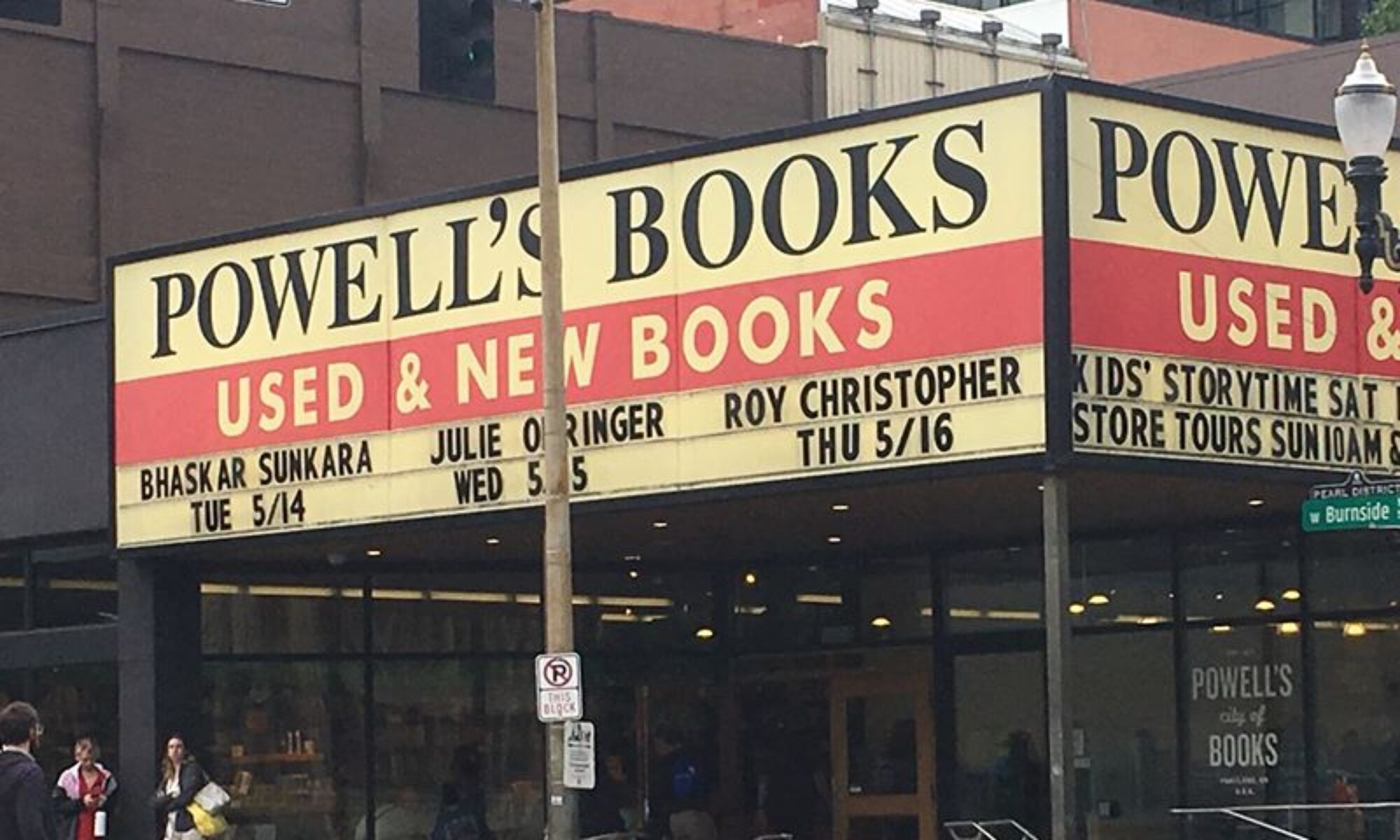Often compared to the likes of Poe, Kakfa and Borges, though he writes like no one else, Harlan Ellison has written and/or edited 70 books. His 1700-plus stories, articles, novellas, screenplays, essays, etc. have won more awards than any other living fantasist.

Ellison’s stories incessantly pursue the exposure of what he calls “mortal dreads.” He contends we are all in the same skin and therefore experience the same hindering dilemmas, the same painful losses and the same haunting regrets. Ellison’s stories are at once harrowing, poignant and — 24-hour anger notwithstanding — infinitely touching.
As he writes in the introduction to his 1980 short story collection Shatterday: “It is not my job to lull you with a false sense of the rightness of the universe. This wonderful and terrible occupation of recreating the world in a different way, each time fresh and strange, is an act of guerrilla warfare. I stir up the soup. I inconvenience you. I make your nose run and your eyes water. I spend my life and miles of visceral material in a glorious and painful series of midnight raids against complacency. It is my lot to wake with anger every morning, to lie down at night even angrier.”
The Ellison-edited anthologies Dangerous Visions (1967) and Again, Dangerous Visions (1971) featured some of science fiction’s most audacious and profound material. Ellison’s wry commentary on Philip K. Dick and LSD sparked a bitter public feud between them, ending their friendship but cementing Dick’s status as counterculture prophet. Ellison’s acclaimed television scripts have included the Star Trek episode “The City on the Edge of Forever”; he was also a consultant for J. Michael Straczynski’s darkly brooding television series Babylon 5.
Though Ellison writes many forms with rare skill and brilliance, he is probably best known for his undeniable mastery of the short story. Of his some 70 books, most are short story collections. My friend Scott Davidson, who introduced me to Ellison, described his writing thusly: “He is the master of the exploding ending, the ‘POW’ at the end of twenty or so pages of ‘fuck, this is a trip!’ The end result of a trip down Harlan Lane can leave even the most case-hardened Puritan minister in a pile of nerve endings and swear words.” Indeed.
 For starters, I’d recommend Angry Candy, Alone Against Tomorrow, Stalking the Nightmare, Love Ain’t Nothing But Sex Misspelled, the aforementioned Shatterday or his latest collection, Slippage. The latter contains both a harrowing account of his heart attack and the earthquake that lifted his home off the ground, as well as the stunning novella Mephisto in Onyx (which is supposed to be in the middle of a screenplay adaptation for Samuel L. Jackson).
For starters, I’d recommend Angry Candy, Alone Against Tomorrow, Stalking the Nightmare, Love Ain’t Nothing But Sex Misspelled, the aforementioned Shatterday or his latest collection, Slippage. The latter contains both a harrowing account of his heart attack and the earthquake that lifted his home off the ground, as well as the stunning novella Mephisto in Onyx (which is supposed to be in the middle of a screenplay adaptation for Samuel L. Jackson).
All of Harlan Ellison’s books are doors to distant, lonely lands where the mortal dreads are not unlike the ones you’re feeling right now.
[Disinformation, December 28, 2000]

